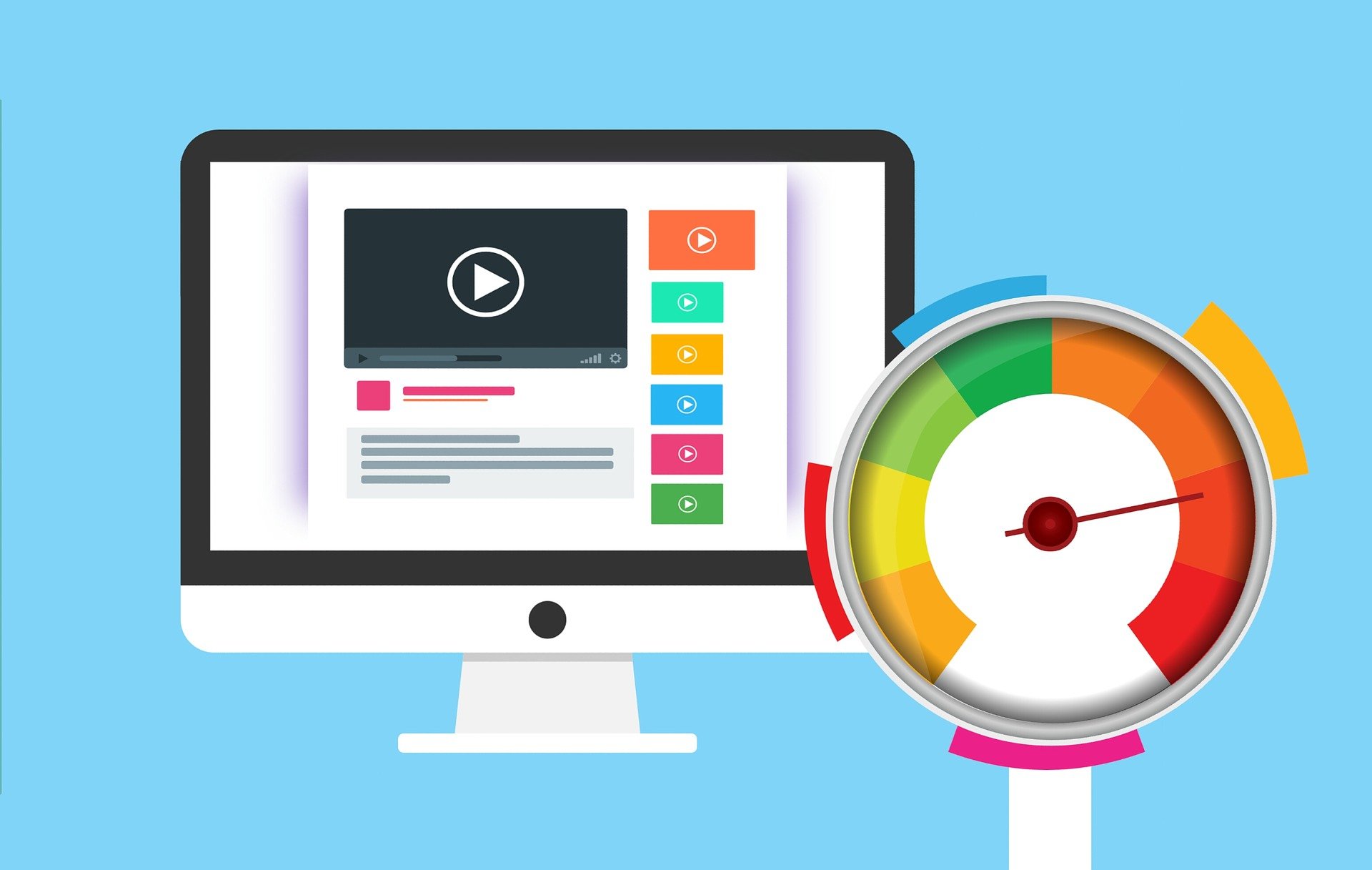Your eCommerce website could have the best design and functionality in the world, but if it’s not fast enough, the harsh reality is that you’re going to lose business.
Don’t just take our word for it. Let the research speak for itself. According to data from KISSmetrics, “if an e-commerce site is making $100,000 per day, a 1-second page delay could potentially cost you $2.5 million in lost sales per year.”
Yes, page speed is that important.
Site Performance Impacts User Behavior
Did you know that 47% of consumers expect a web page to load in 2 seconds or less, and 40% of consumers will abandon a website that takes more than 3 seconds to load?
In other words, the speed of your website has an astronomical effect on sales.
Today’s savvy consumers simply aren’t going to stick around and wait for a slow web page to load—not when they can hop over to one of your competitor’s websites for a more satisfying user experience. Research shows that 79% of consumers who are unhappy with website performance are less likely to buy from that same site again.
Simple Ways to Speed Up Your Website
Now that we’ve gotten the bad news out of the way, let’s talk about the good news.
The good news is that there are many actions you can take to increase your site performance and improve conversions. Here are several of our recommendations.
- Compress and “right size” your images. If the images you’re displaying on your website are smaller than the actual image files, consider adjusting the size to save space and improve load time. You can do this by using a tool like ResizeImage.net or by converting .png images to compressed .jpg images. The CMS you’re using may even have plugins for this very purpose.
- Reduce redirects. Some redirects may be necessary, but keep in mind that redirects can slow loading times. Use a tool like Screaming Frog to identify 301 redirects and determine which ones you can clear up.
- Host media files on a CDN (Content Delivery Network). CDNs spread your bandwidth across multiple servers around the world to reduce the load on any single server. This allows users to download files from the server with the closest geographical location, which helps provide a faster experience.
- Install a cache plugin. These helpful plugins cache the most up-to-date versions of your web pages and display them to users so that the browser doesn’t have to generate the entire page each time.
- Increase the horsepower. If you’re hosting your website yourself, it may be time to upgrade your database and web server(s). Adding more RAM, solid state hard disks and faster CPU can have a significant increase in performance. Also, make sure you are running enough capacity to handle spikes in traffic during advertising events.
- Minify Javascript and CSS. Smaller Javascript and CSS files help reduce the amount of data the web browser needs to download.
- Eliminate or defer scripts. If you have a lot of Javascript that doesn’t need to run right away, edit your HTML to defer it so it loads later. Or, consider eliminating it altogether.
Choosing an eCommerce Platform that Prioritizes Performance
The recommendations outlined above can certainly help improve performance, but what if they just aren’t enough? It may be time to face the elephant in the room: your eCommerce platform could be holding you back.
The fact of the matter is that not all eCommerce platforms are created equal. Some, like ZiftrShop, prioritize site performance, because we know that even a seemingly minimal flaw in a site’s performance can have a staggering effect on conversions.
ZiftrShop handles a lot of the heavy lifting for you. This includes providing fast servers that you don’t need to manage, state of the art caching, a CDN and sizing images. Not only that, but the ZiftrShop templating engine is written from the ground up using the modern GoLang language, a system-level programming language designed to scale across networks and distributed systems.
Migrating to a new eCommerce platform is a big move, we get it. But the return on investment makes it all worth it. Once again, we’ll allow the data to speak for itself:
ZiftrShop users have seen a 40% increase in performance after migrating from other platforms.
If website performance is impacting your conversions, ZiftrShop may be the eCommerce solution for you. Learn more about migrating your eCommerce platform to ZiftrShop.
